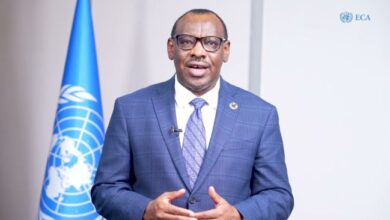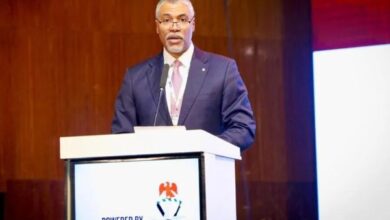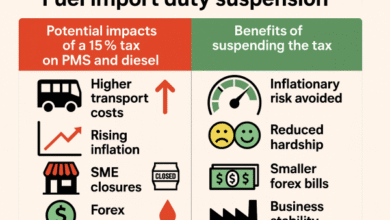C-PACT: Africa’s Trade Services Strengthen as Customs C-G Adeniyi Pushes Integration

Africa is steadily deepening its footprint in regional trade services, and the momentum is becoming too significant to ignore — this was the message from Comptroller-General of the Nigeria Customs Service (NCS), Bashir Adewale Adeniyi, as he addressed industry leaders at a high-level dinner for participants of the Customs–Partnership for African Cooperation in Trade (C-PACT) Conference in Abuja.
The C-PACT initiative, designed by the NCS in partnership with Afreximbank and supported by the World Customs Organisation (WCO), is emerging as one of the continent’s most ambitious platforms for modernising customs operations, opening African markets, and redefining how trade flows across borders.
With the conference themed “Breaking Barriers, Building Bridges,” Adeniyi reaffirmed that while Africa’s logistics and manufacturing systems still lag in competitiveness, its trade services ecosystem is rapidly evolving, especially in financial technology, entertainment exports, and digital service delivery.
Africa’s Trade Services Are Moving — Goods Must Follow
Referencing Afreximbank’s Pan-African Payment and Settlement System (PAPSS) — the continent’s first real-time, cross-border payment infrastructure — Adeniyi said Africa had proven its ability to innovate and scale financial services that transcend borders.
“Our financial services are crossing borders, our entertainment sector is crossing borders. What we need now is for our manufactured goods to cross borders with the same ease,” he said.
This challenge remains paramount as Africa navigates the implementation of the African Continental Free Trade Area (AfCFTA), a trillion-dollar opportunity for increased intra-African commerce, industrialisation, and logistics transformation.
Customs Integration At the Heart of AfCFTA
Earlier at the conference opening, Adeniyi — who also serves as President of the WCO — emphasised that customs agencies across the continent must work collaboratively to remove bottlenecks, streamline documentation, and implement rules of origin seamlessly.
“Trade integration cannot happen in boardrooms alone. Customs must be at the core of AfCFTA execution,” he said.
The conference brought together regulators, investors, logistics firms, trade diplomats and industry operators, creating a strategic forum for harmonising customs frameworks and setting new standards for operational transparency and speed.
Building Bridges: A Human-Centric Diplomatic Approach
Deputy Comptroller-General Caroline Niagwan, in her closing remarks at the dinner, underscored the human dimension of trade diplomacy.
“We have come together not just as institutions, but as people committed to improving trade. Dining together helps build trust, understand differences, and turn borders into bridges of opportunity,” she said.
The evening featured performances from an Algerian cultural troupe and spoken-word presentations symbolising unity in diversity.
BRANDECONOMY Insight
Africa’s growing success in digital and financial trade services is a clear indicator of its readiness for deeper continental integration. However, until the movement of goods becomes as seamless as the movement of payments and entertainment content, the continent will continue to miss out on the full economic promise of AfCFTA.
The C-PACT initiative represents an inflection point — a shift from policy rhetoric to technical execution. For Nigeria, this is a strategic moment to reposition itself as the West African trade gateway, powered by modernised customs, interoperable systems, and a more agile blue-economy framework.











